Cherbourg identity Selwyn Button on why a no vote would be worse than no Voice referendum at all
Elders and youth agree much needs to change in the Cherbourg community but they are divided on whether a yes vote in The Voice referendum will have any impact. VIDEO
He was there at the beginning on July 6, 2015, taking his seat with 40 other Indigenous representatives at Kirribilli House with then Prime Minister Tony Abbott, feeling the pulse quicken as a chapter in Australian history began taking on embryonic form.
And Selwyn Button, the Cherbourg boy made good, will be there at the end next Saturday when the nation decides on the Voice referendum, hoping desperately that his own worst case scenario won’t win the day.
For Button, an active and influential Voice proponent who has deliberately kept a low public profile over the past eight years, a “no’’ vote was always going to be a worse outcome than failing to secure the referendum itself.
“We were pretty much in agreement on one thing in that room and that is if we can’t be assured of getting the constitutional changes that we need for the betterment of indigenous Australians we walk away – there will be no referendum,’’ he told the Courier Mail a fortnight after that meeting.
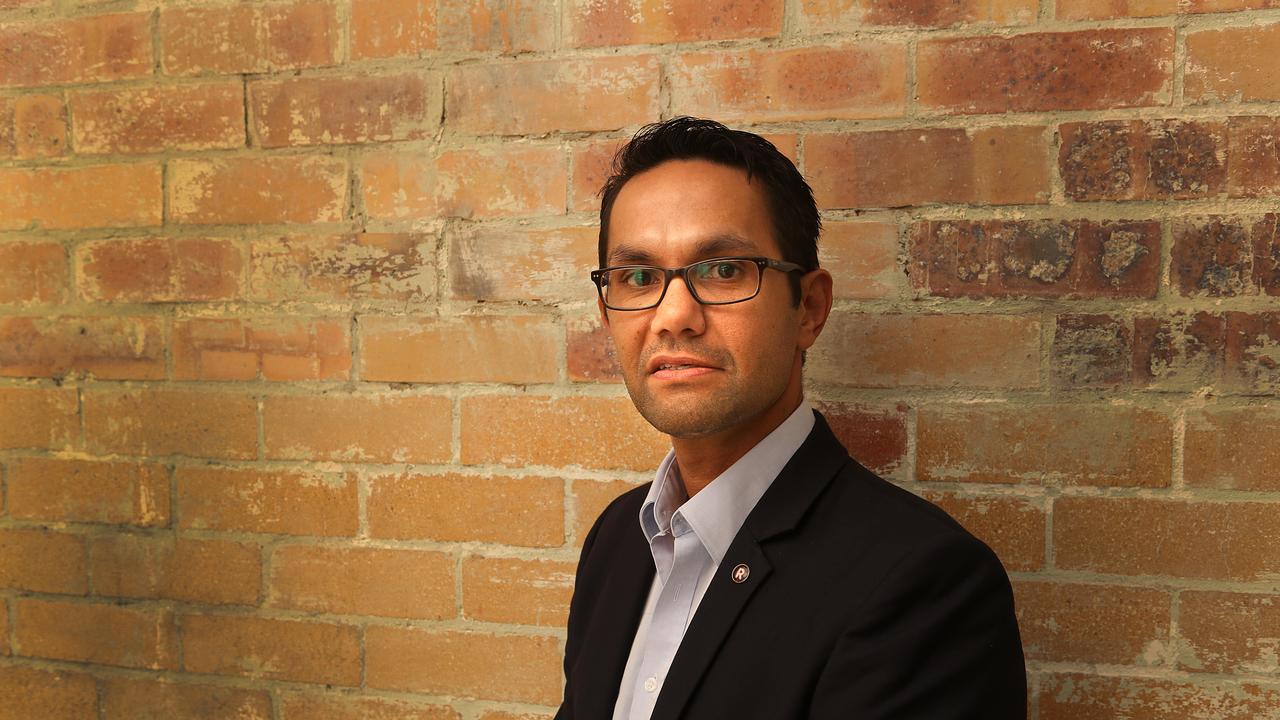
Today he maintains his position that a no vote will have devastating impacts across the Indigenous community, but is by no means convinced the battle is lost.
Strong voter enrolments in Indigenous communities where postal voting has been going on for weeks, a powerful youth vote and the demonstrated enthusiasm of the yes campaigners across the capital cities a few weekends back represent a groundswell of support which he still hopes may get the affirmative vote over the line.
Button has clearly not expended his energies on the Voice over the past eight years hoping for some material benefit for himself.
“I already have a voice,’’ he says.
Born into a Cherbourg still controlled by a state-appointed superintendent and receiving a high school education at nearby Murgon High school, Button has maintained friendships with his old school friends across the decades.
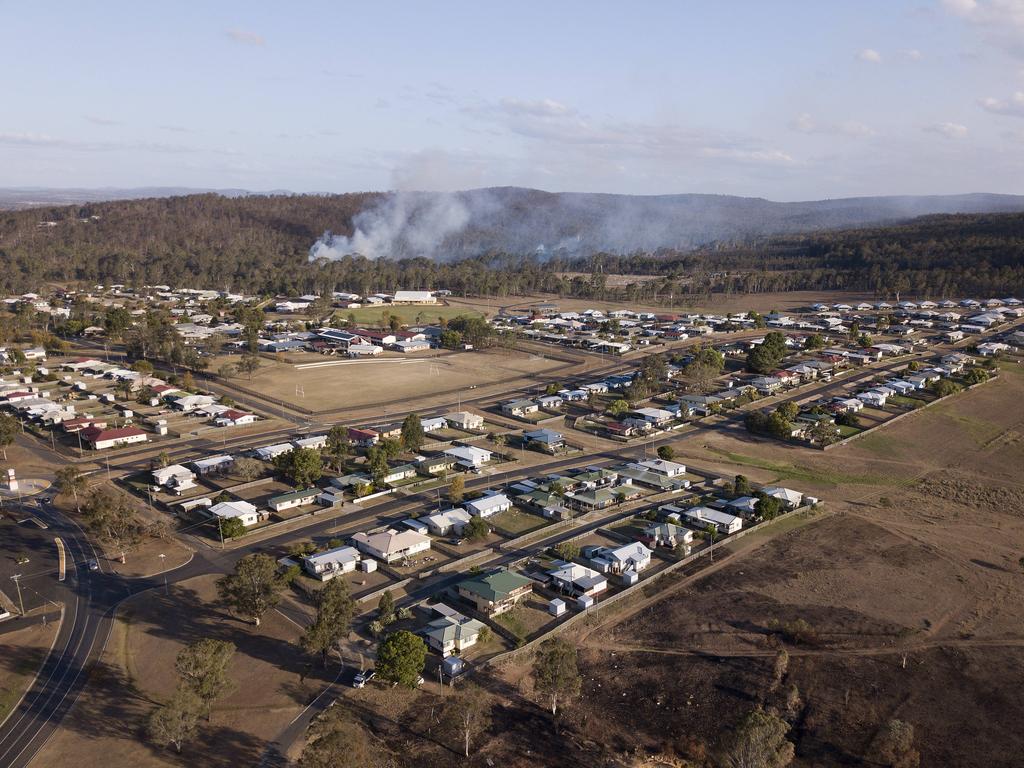
But he long ago exited the South Burnett to make his way into not merely a national elite, but a global one.
A Wolfensohn Scholar at the Harvard Kennedy School of Government, a former Director-General for Indigenous Education in Queensland, a partner with PwC Australia and PwC Indigenous Consulting, chairperson of the Lowitja Institute and a member of numerous boards including the Australia Children’s Education and Care Quality Authority, Button doesn’t need constitutional change to get the ear of the powerbrokers.
But he does hope to funnel some of his influence right back home to Cherbourg, where the Button name graces the local park up at the look out, and an uncle’s photo takes pride-of-place in the office of the Cherbourg Council CEO Chatur Zala,
“I want this for my family, for my community, for my people.
“This (the Voice) is a connection to a mechanism to influence change at a national level.’’
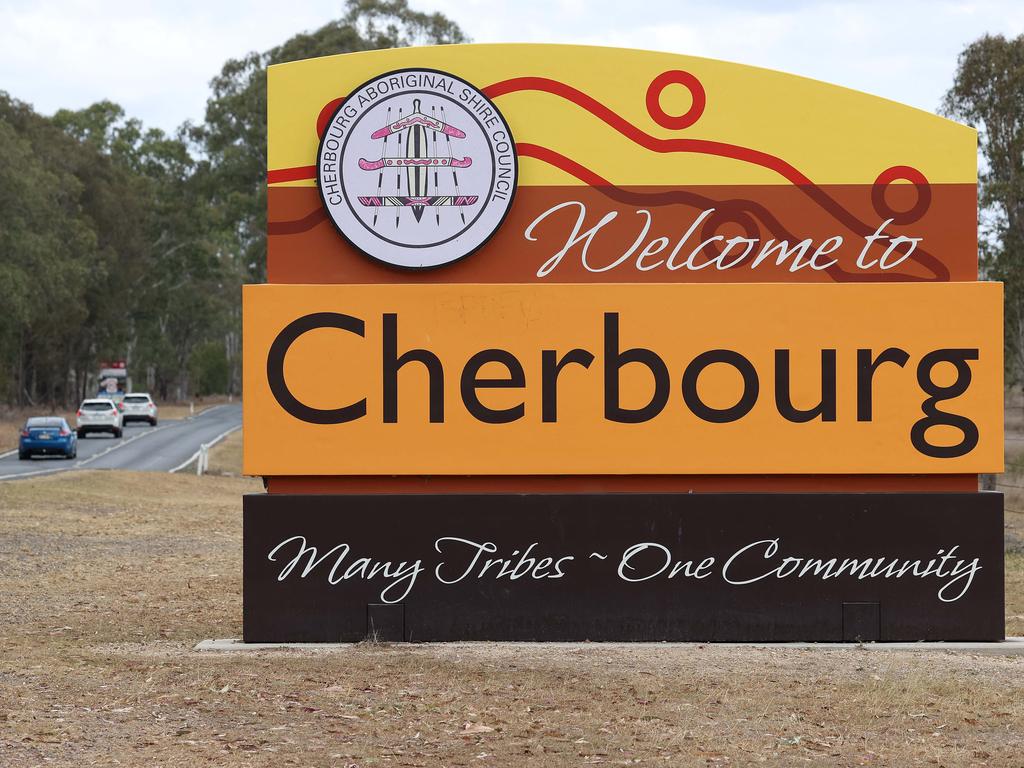
Back in Cherbourg 350km northwest of Brisbane, in a town brought to life at the start of the 20th Century under the “Aboriginals Protection and Restriction of the Sale of Opium Act 1897,’’ elder Eric Law who was born into mission life shares Button’s view.
Law, 73, has a resume to rival Button’s. He’s a member of the Order of Australia, a schoolteacher, a Vietnam War veteran, a Murri Court Magistrate and, when still aged in his 30s, the first Indigenous superintendent of his community.
Law was still a young man when what he calls a “very brave’’ Queensland Aboriginal Affairs Minister called Bob Katter took on National Party Premier Joh Bjelke Petersen, and forced a change in legislation to make Indigenous communities democratically elected councils.
Law, who retains a great affection for Katter who remains in politics as the Federal Member for Kennedy, says the move brought Indigenous Queensland towards the mainstream, but certainly not into it
While he now plays elder statesman in a reasonably well resourced community which hosts little of the poverty and dissolution of many Indigenous communities in the nation’s far north, Law still sees the Voice as a key towards advancement, even if the campaign has been messy.
“I think it has been clouded by a lot of stupid things that have been said on both sides,’’ Law says.
“I don’t know how you can get around this, but I do not know why they politicised this.’’
“As soon as they politicise it, that’s when it gets messy.
“I always say, when you go into that polling booth (on the Voice) you don’t go in there as a Liberal Party member or a Labor Party member, you go in as an Australian citizen and you say to yourself _ is this going to be good for Australia?’’
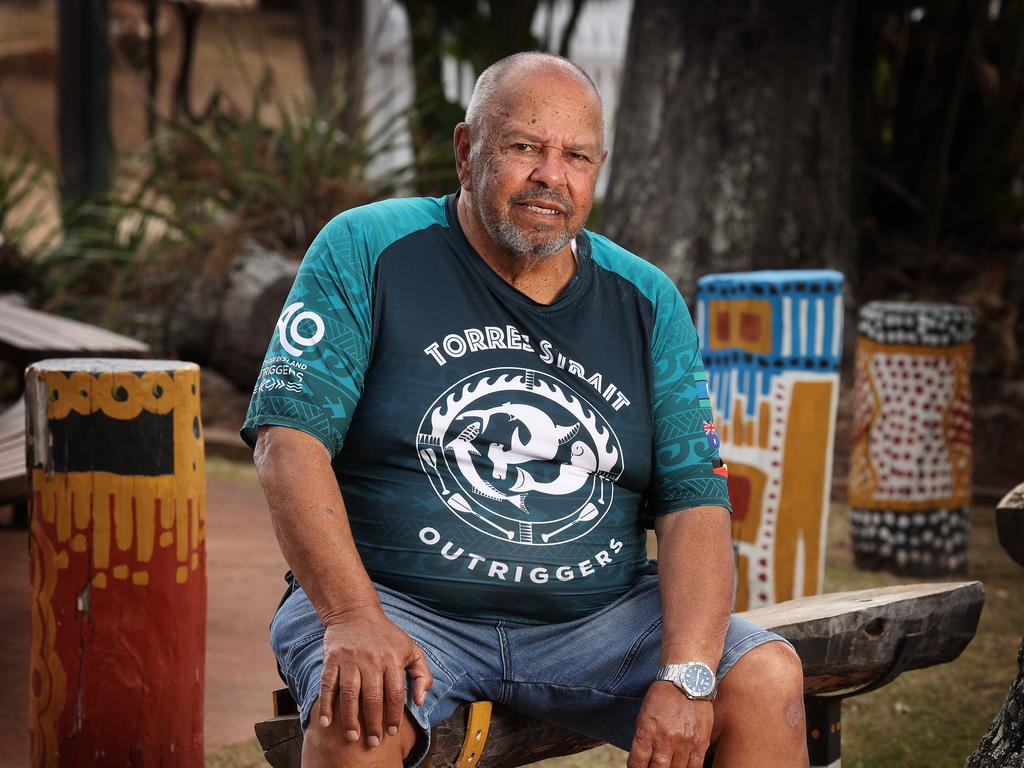
In Law’s world, the “no’’ vote is what is being experienced at present, and if a no vote is returned Saturday nothing changes _ indigenous children receive poor outcomes in education, the young men still go to jail.
“At least with the Voice we get a bit of hope,’’ Law says.
The hope, he says, echoing the thoughts of Button, comes from the promise of consistency contained within the Voice which won’t be subject to the whims of changing governments or the revolving door of director-generals moving in and out of various departments.
Law, who proudly points out Cherbourg’s impressive community infrastructure including a hospital and aged care facility, says his community does not lack for organisations and bodies dedicated to indigenous welfare.
In fact, he suspects there might be too many of them.
“I think what is lacking in Cherbourg is the lack of co-ordination, there is this lack of bravery for someone to stand up and say, ‘listen all you buggers, this is how we are going to do this.’’
Chief executive officer Chatur Zala, who leads a team demonstrably capable of lobbying government for better services (Cherbourg will soon have a new multimillion council building) says the a yes-or-no vote will not change a council determination to improve upon a community which has sound infrastructure and reasonably good housing stock, even if overcrowding is an issue.
“We are going to keep making the community better than it was before.’’
Yet the town’s youths appear not as sure-footed about the Voice as their seniors, with some saying they simply have not been provided with enough information about the Voice to determine which way they will vote.
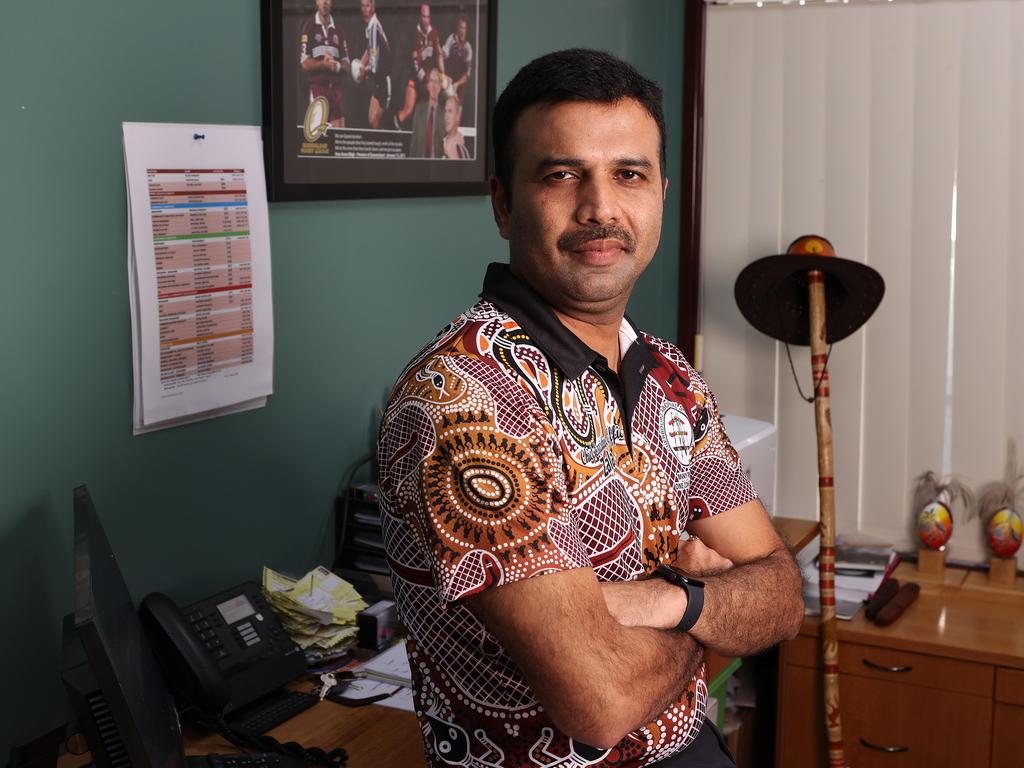
Koby Douglas, 20, says he is still undecided.
“I don’t know which way I will be voting because not much information as been given out on the Voice.’’
Joanne Simpson, 41, suggests that when information was being distributed, it was accompanied by some coercion.
“The information they were doing around the community was not straight to the point, it was more like they were trying to get you to vote yes.’’
Whatever way the vote goes, Cherbourg will no doubt endure, and possibly even thrive.
It has its problems – crime, petrol sniffing, drug abuse and appalling unemployment statistics are among them.
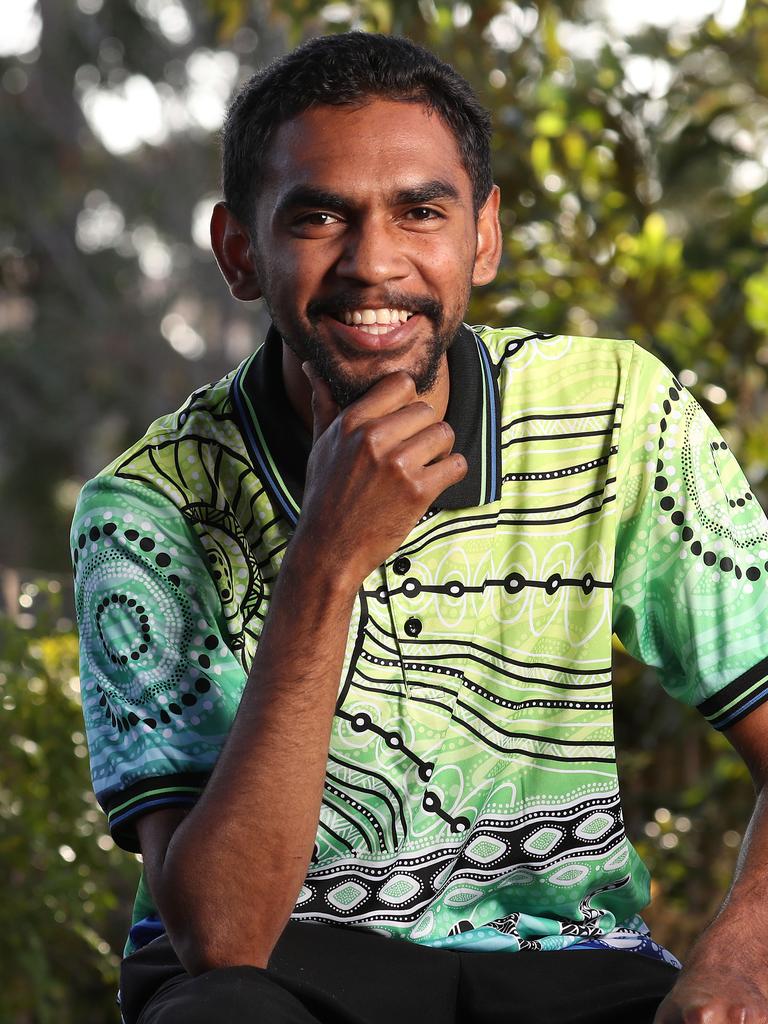
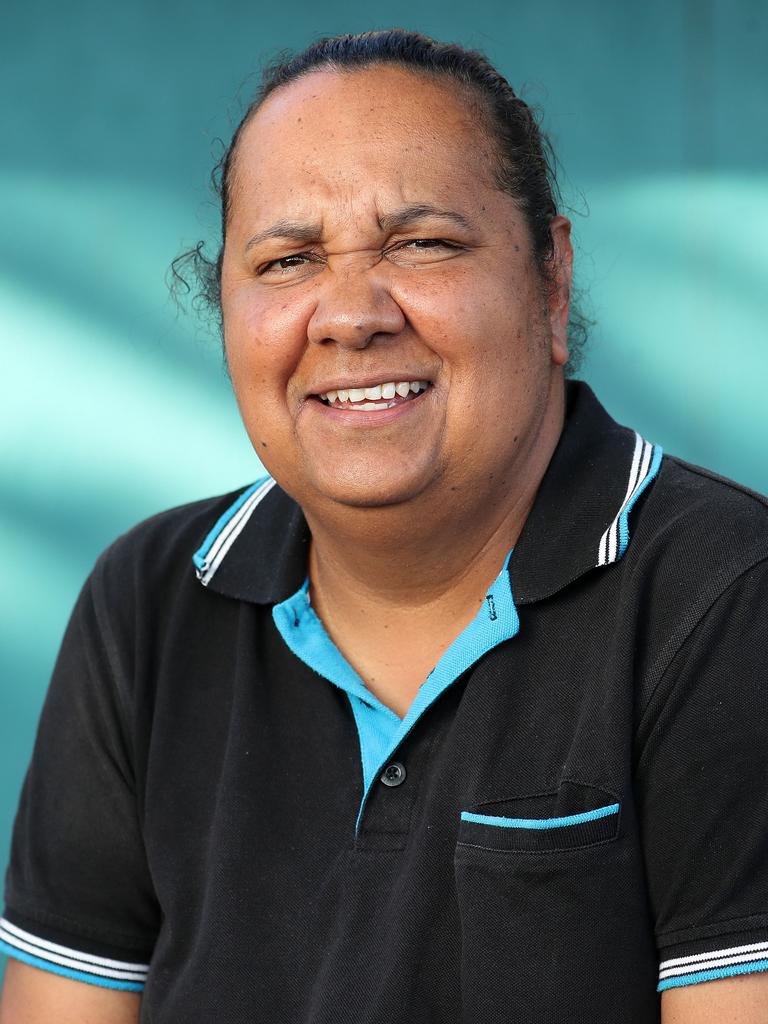
But this is no remote outpost but closely linked into the wider Queensland community.
For Law, who has witnessed the deprivations and brutal racism which accompanied the old mission mentality of the 50s and 60s, his community, located right next to the Bjelke-Petersen Dam in Moffatdale, has limitless potential which he has personally exploited.
He was once involved in a massive emu farm which boasted more than 1000 birds and briefly made the Cherbourg community a small fortune when it secured a contract to sell Emu meat to Qantas which served it to first class passengers.
There have been other commercial ventures which thrived briefly then fell away like the emu farm, largely because of a lack of commitment and interest.
The Voice, he says, will make a change for the better, but only if it is accompanied by a renewed determination among the rising generations to make their own luck in the world.
“I don’t mind saying it publicly,’’ he says.
“Our young people have to learn they need to get an education, get a job, show respect for their elders, and show respect for themselves.’’
Read related topics:Voice To Parliament





